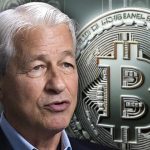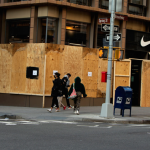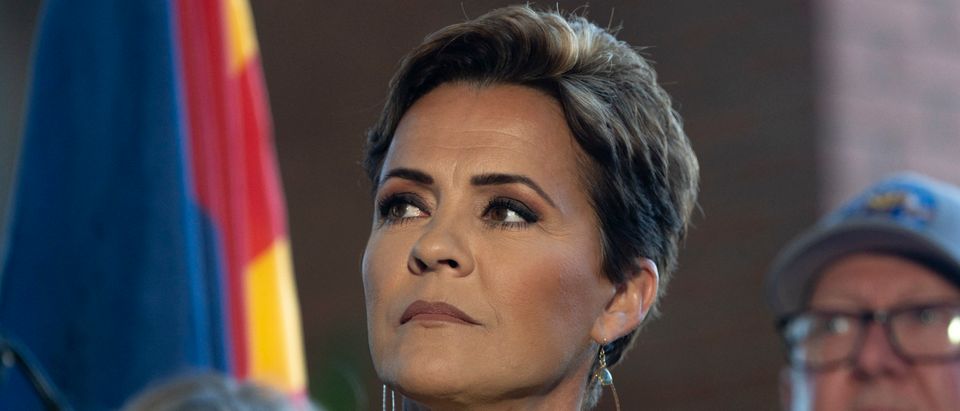Elon Musk has lost his motion to throw out his settlement with the SEC that he agreed to in 2018, Bloomberg reported on Wednesday morning.
The report said that a judge in New York on Wednesday also denied Musk’s efforts to block an SEC subpoena regarding Tesla’s public disclosure controls.
Recall, just a couple weeks ago, the SEC told a federal judge that Musk should not be allowed out of the agreement with the regulator that his Twitter account be monitored. The U.S. Securities and Exchange Commission said Musk had not met the “high burden” necessary to throw out the 2018 consent decree he is under.
Musk found compliance “less convenient than he had hoped,” the SEC argued, adding that “when it comes to civil settlements, a deal is a deal, absent far more compelling circumstances than are here presented.”
Recall, in early March, Musk had asked a federal judge to throw out his settlement with the SEC. Musk’s lawyers argued that the settlement, which famously required Musk to run his Tweets past a “Twitter sitter” as a consequence of faking an $80 billion buyout for Tesla, “has become unworkable”.
And in a sign that the SEC was a fly in Musk’s ointment, his lawyers said that the regulator was using the settlement to make “round after round of demands for voluminous, costly document productions, with no signs of abatement.”
Additionally, Musk called into question the SEC’s original claims that he defrauded shareholders in 2018.
“I never lied to shareholders. I would never lie to shareholders. I entered the consent decree for the survival of Tesla, for the sake of its shareholders,” Musk said, claiming he felt “pressured” to settle with the SEC and put the matter behind him.
Donna Nagy, a law professor at Indiana University, told the WSJ: “It is exceedingly difficult to convince a federal court to terminate a consent decree. The showing required is very high and there is very recent precedent in an analogous area.”
Earlier this year, we wrote that the SEC was probing Musk and his brother, Kimbal, over trades they executed in November 2021. The investigation began one day after Kimbal Musk sold $108 million in stock – which occurred one day before the Tesla CEO polled his Twitter users, on November 7 – just as the Russell and cryptos peaked – asking whether or not he should sell 10% of his stake in the company.
That vote then set Musk in motion to sell far in excess of $10 billion in stock, representing about 10% of his stake in Tesla. The Tesla CEO claimed the sale was a way to cover taxes for potential new capital gains laws.
After Elon started selling stock, Tesla’s stock price fell 33%. Regulators are reportedly probing whether or not Elon may have told his brother Kimbal about his planned Tweet and, if so, if Kimbal knowingly traded ahead of the event.
Kimbal’s trading might “violate rules that generally prohibit employees and board members from trading on material nonpublic information”, the Journal reported. Kimbal’s shares were not sold pursuant to a 10b5-1 plan, which would have dictated that he could sell at a predetermined interval.
The probe is not guaranteed to result in an enforcement action












